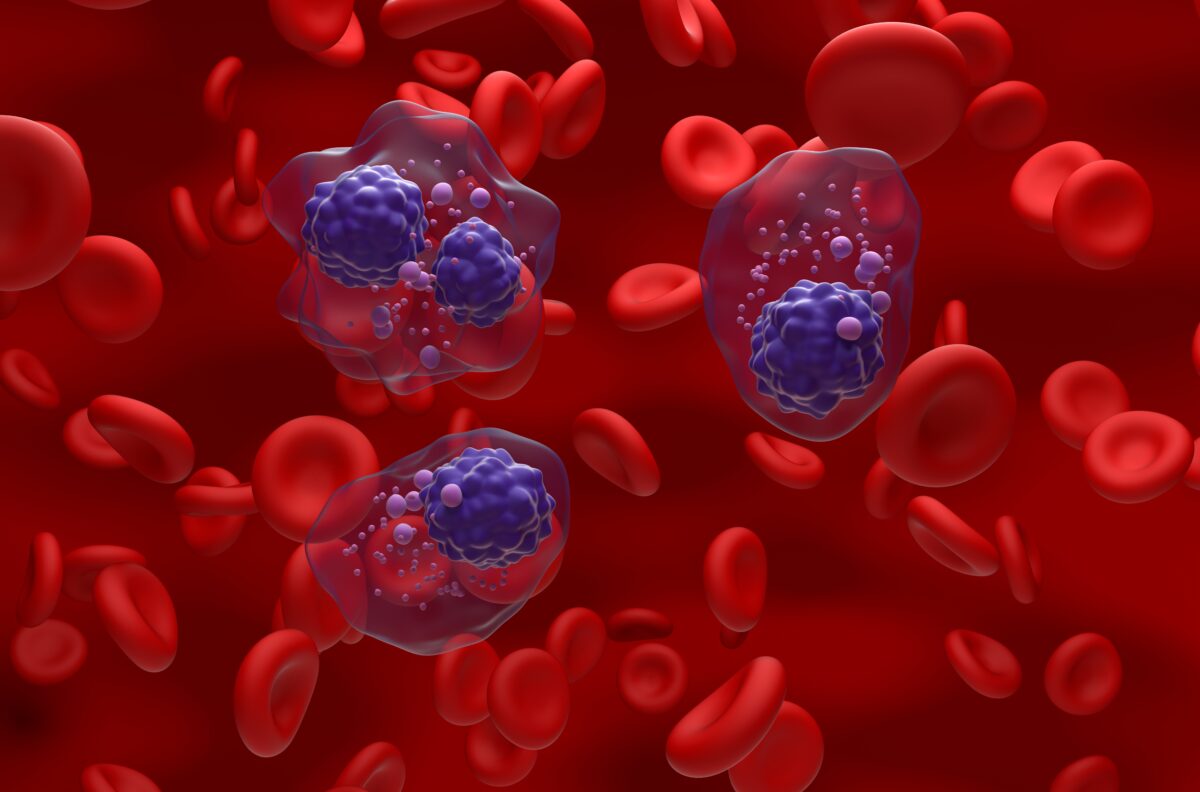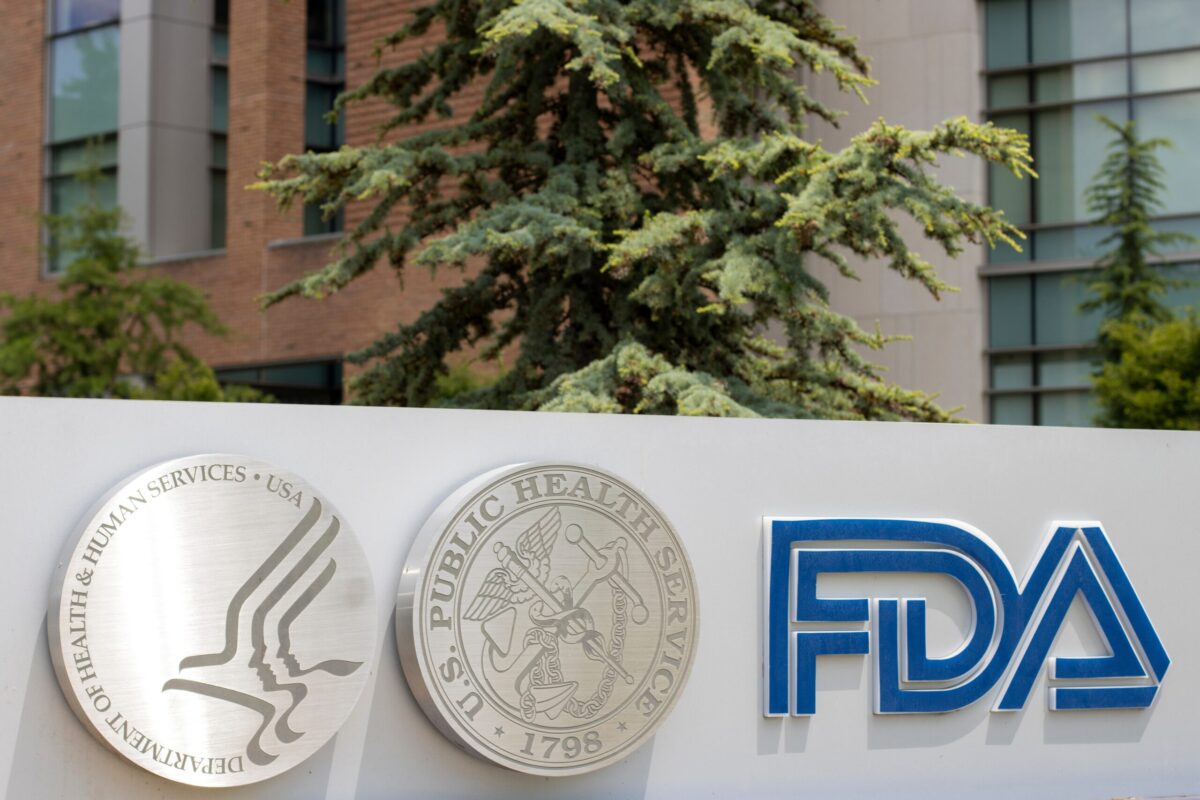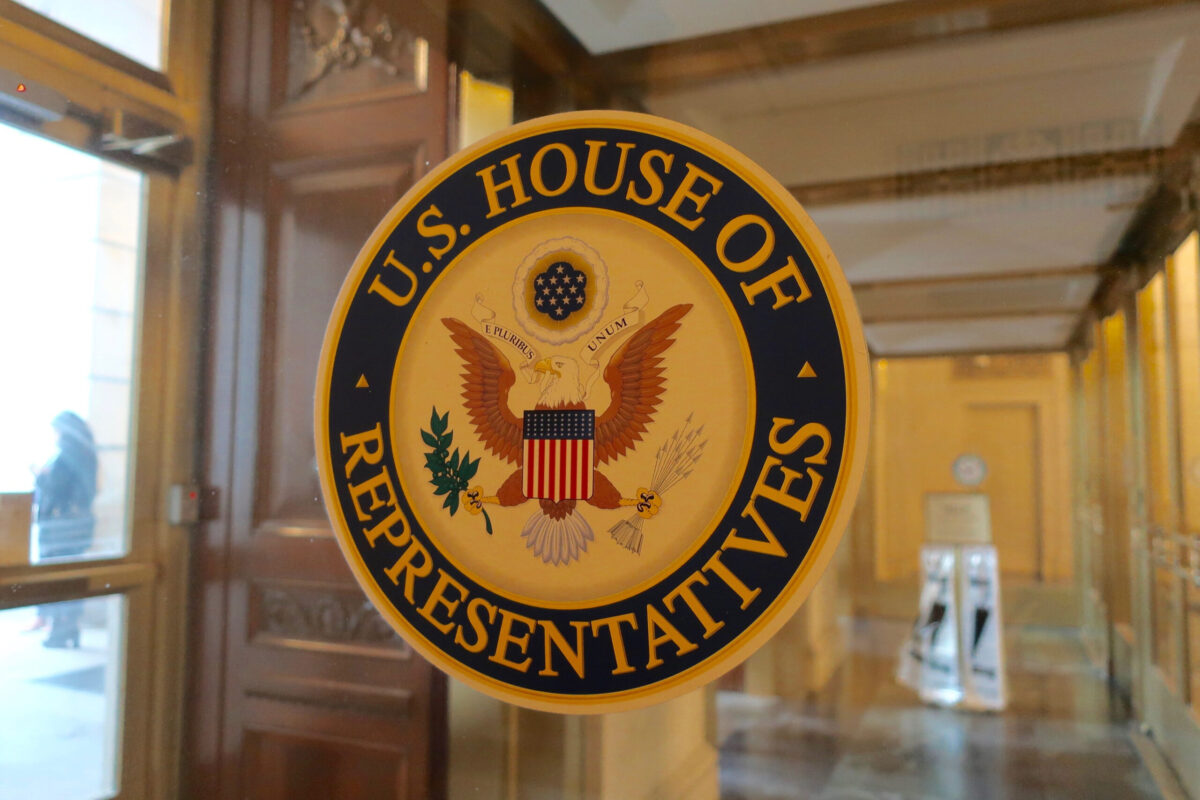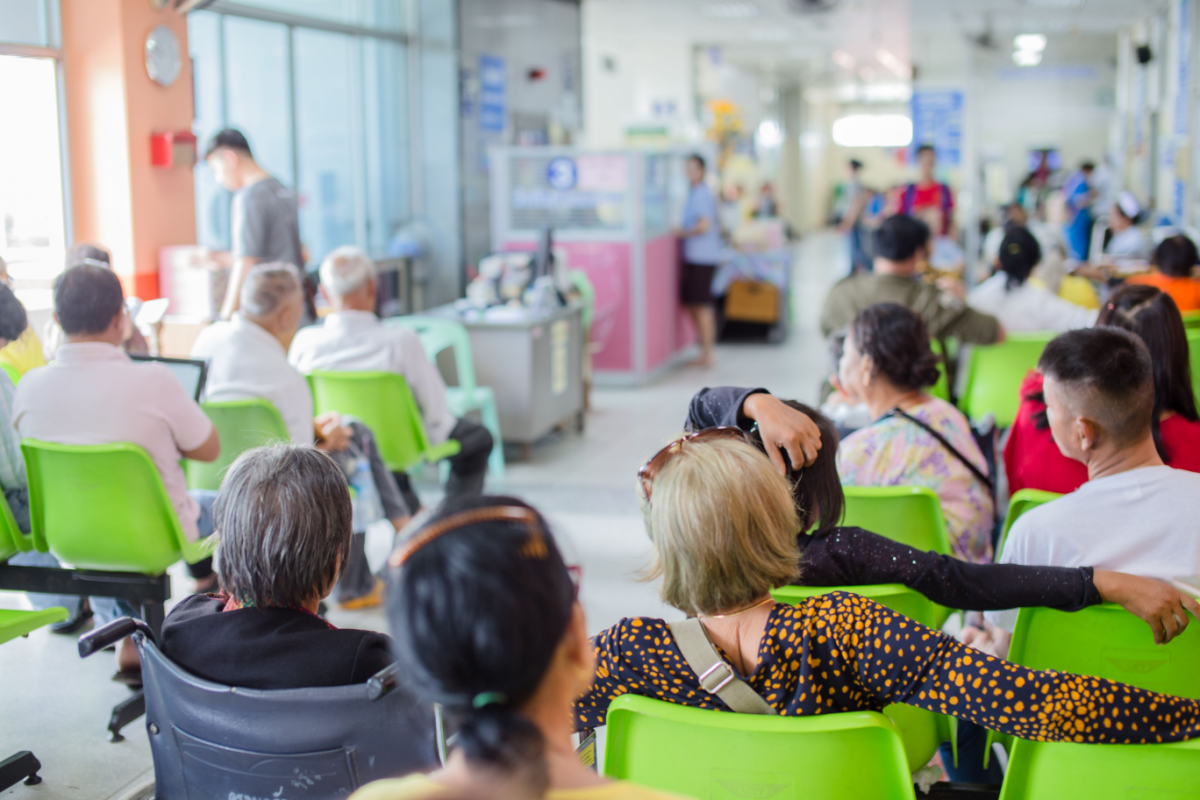With cases of COVID-19 on the rise globally, health and government officials are racing not only to help contain the spread of the virus, but are also working to find effective treatments for the disease.
While developing a vaccine against SARS-Cov-2, the virus that causes COVID-19 infection, is predicted to take at least one to two years, focus has shifted to repurposing existing drugs, which are approved for other diseases and safe to use, in testing against the virus.
As part of these efforts, the World Health Organization (WHO) announced a large multinational megatrial called SOLIDARITY, which will evaluate the efficacy of different drugs in the treatment of COVID-19. These drugs range from those used in the treatment of HIV, to drugs used for malaria treatment, as well as a new antiviral that was tested for Ebola.
The collaborative global effort is among the first of its kind in recent times and may involve the participation of dozens of countries and thousands of patients. With approximately 15 percent of COVID-19 cases requiring hospitalization and intensive care, there is a pressing need for treatments for the infection. In light of this, the clinical trials will be designed to be as simple as possible with the aim of collecting large amounts of quantitative data in real-time.
The trial design was created to be simple in order “to enable even hospitals that have been overloaded to participate,” said Dr. Ana Maria Henao-Restrepo, medical officer and a team lead at WHO’s Department of Immunization, Vaccines and Biologicals.
She says that “this trial focuses on the key priority questions for the public. Do any of these drugs reduce mortality? Do any of these drugs reduce the time a patient is in hospital and whether or not the patients receiving any of the drugs needed ventilation or intensive care units.”
Related: Health Agencies Advise Against Ibuprofen for Treating COVID-19 Symptoms
The goal of the trial is to essentially fast-track a large-scale investigation of four different treatments involving drugs deemed to be promising against COVID-19. These drugs will be tested for use as single and/or multiple-agent therapies. The four different treatments to be evaluated in the trial are:
1) Remdesivir, a new experimental antiviral. Remdesivir is a nucleotide analog that interferes with the function of the viral RNA polymerase enzyme, causing a decrease in the production of viral RNA. While it was developed as an Ebola treatment and yielded disappointing results, it has shown promise against coronaviruses.
2) Chloroquine and Hydroxychloroquine, drugs used to treat malaria. Chloriquine is the most commonly used anti-malarial agent while hydroxychloroquine is a less toxic derivative of it. Chloroquine prevents viruses from entering cells by targeting compartments located in the cell membrane called endosomes, which viruses exploit to gain entry. It also prevents binding of the virus to the angiotensin-converting enzyme 2 (ACE2) on host cells, which is a critical first step in viral entry.
3) Combination of Lopinavir and Ritonavir, two antiviral HIV drugs. These drugs are protease inhibitors, which bind to viral enzymes (i.e. proteases) that are important in the production of mature infectious viral particles.
4) Combination of Lopinavir and Ritonavir along with interferon-beta, a cytokine that is part of the immune system that serves as one of the cell’s primary defenses against viral infection.
Some of these drugs have already been tested in COVID-19 patients, such as the combination of HIV drugs that failed in a small study in China. Despite those results, the WHO maintains that a trial with a larger number and variety of patients is required to better gauge the efficacy of these drugs for COVID-19.
The trial will be executed and overseen by the WHO itself who will require participating hospitals to input patient information into their database on their website. Based on the availability of the trial drugs at a given hospital, patients will be randomly assigned a treatment, or to the standard of care as part of the control group.
“The good thing about the trial [is that] the randomisation could be adjusted to the drugs available in each individual hospital over time. The other good thing [is that] we can include additional arms or drop arms as our global data safety and monitoring committee advises we should do,” said Dr. Henao-Restrepo.
The SOLIDARITY trial holds promise for facilitating the testing of treatments for COVID-19, both rapidly and efficiently. In this unprecedented move, the WHO has taken a lead in helping find therapies that can reduce or even eliminate the spread of the highly-contagious virus.











Join or login to leave a comment
JOIN LOGIN